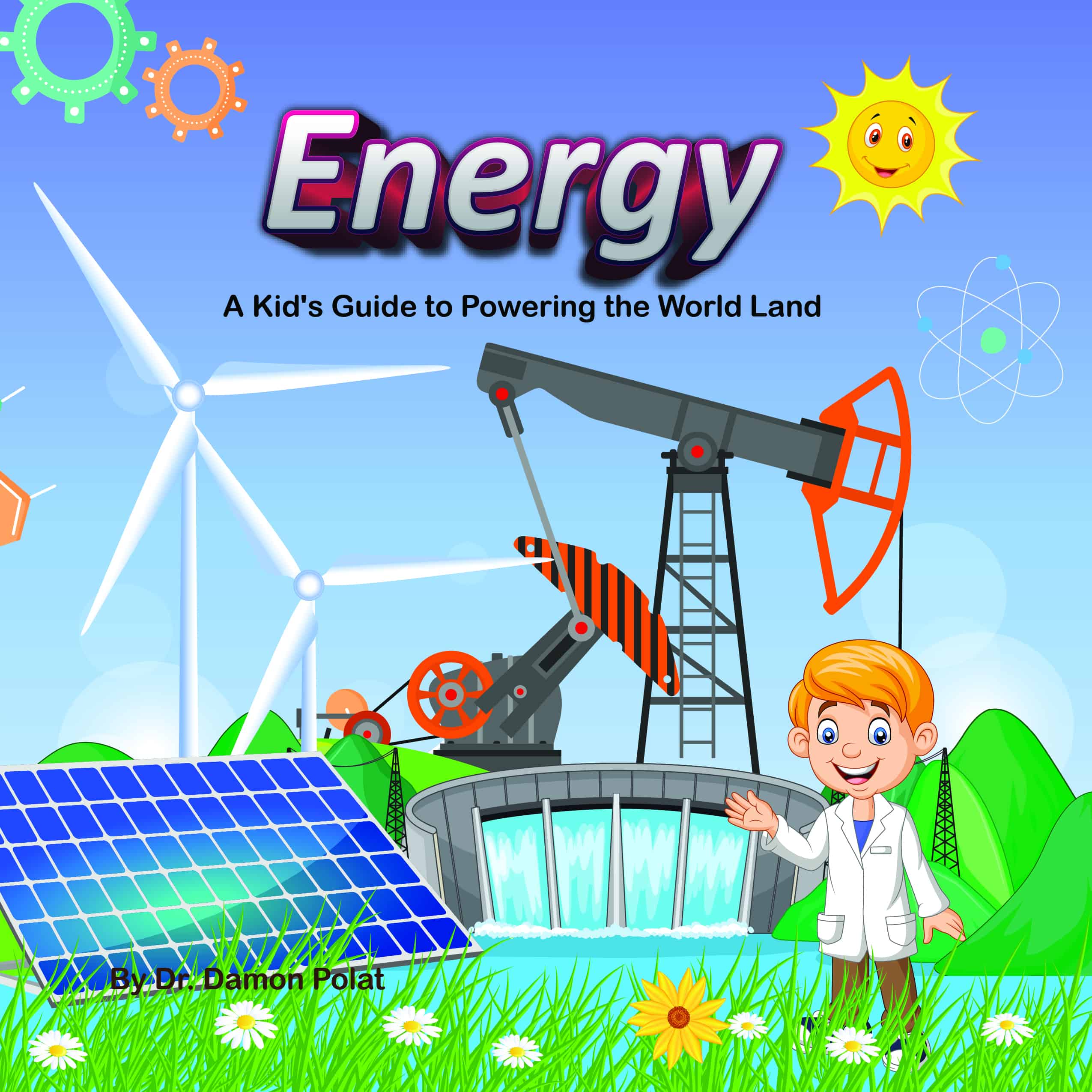How a strong science education can foster curiosity and critical thinking in children

“First figure out why you want the students to learn the subject and what you want them to know, and the method will result more or less by common sense.” — Richard Feynman
How a strong science education can foster curiosity and critical thinking in children
Science education is a critical component of a child’s education. Learning science in the early years allows children to understand the world around them and fosters curiosity and critical thinking. Therefore, children must be exposed to basic scientific concepts to have a solid scientific foundation in their education beginning from early grades.
This article will discuss how vital science education is for children and how science fosters curiosity and critical thinking.
Science education helps children understand the world around them.
Science is ubiquitous and influences every aspect of our daily lives. Science is involved in everything from the food we eat to the clothes we wear to the technology we use and the air we breathe. Science education is essential for children to understand how the world works and how it affects them.
Science education helps children understand basic concepts like motion, the water cycle, the seasons, and the human body. It also helps them understand complex concepts like physical science, relativity, energy and momentum, chemical reactions, and genetics. By learning these concepts, children can make more informed decisions and appreciate the natural world around them.
Science education fosters curiosity.
Science education fosters children’s curiosity by encouraging them to ask questions and seek answers. When children learn about the world around them, they become curious about how things work, why things happen, and what they can do to solve problems.
Science education encourages children to explore their environment and to observe and experiment with the world around them. It allows them to discover new things and understand the world differently.
Science education also teaches children to think critically. It encourages them to question information and seek evidence to support their ideas. In this way, science education helps children develop the skills they need to become informed, thoughtful, and curious citizens.
Science education promotes critical thinking.
Science education teaches children to think critically by encouraging them to analyze data and draw conclusions based on evidence. It teaches them to evaluate information and make informed decisions.
Critical thinking is an essential skill that children need to be successful in their careers, whatever that can be, and in life. It helps them solve problems, make decisions, and communicate effectively. It also helps them evaluate information and make informed decisions.
Science education teaches children to think logically and use the scientific method to solve problems. This way, they learn to gather information, analyze data, and draw conclusions based on evidence. This process of critical thinking is important for children to develop analytical skills that they’ll use throughout their lives.
Science education inspires creativity.
Science education inspires creativity in children by encouraging them to imagine new ideas and think outside the box. It teaches them to be innovative and find new ways to solve problems.
By exploring the world around them, children develop a sense of wonder and curiosity that can inspire them to create new things. Science lessons encourage children to experiment, take risks, and explore new ideas.
In this way, science education helps children develop the skills to think creatively and innovatively. By inspiring creativity, science education can help children become successful and productive members of society.
Science education prepares children for the future.
Science education prepares children for the future by giving them the skills they need to succeed in the modern world. As technology advances, the need for scientific knowledge and critical thinking becomes increasingly important.
Science education prepares children to be informed and responsible citizens who can make informed decisions about the world around them. It also prepares them for science, technology, engineering, and mathematics (STEM) careers. We need well-educated engineers to stay ahead of the technological race.
Conclusion
The importance of science education for children cannot be overstated. Science education helps children understand the world and fosters curiosity, critical thinking, and creativity. By giving children a solid foundation in science education, we can prepare them for future challenges and help them become informed, thoughtful, and productive members of society.
Parents, educators, and policymakers must prioritize science education and ensure children receive a comprehensive and engaging science curriculum. In this way, we can prepare our children for the future and ensure they have the skills they need to succeed in a rapidly changing world.
“Education is what remains after one has forgotten what one has learned in school.” – Albert Einstein

